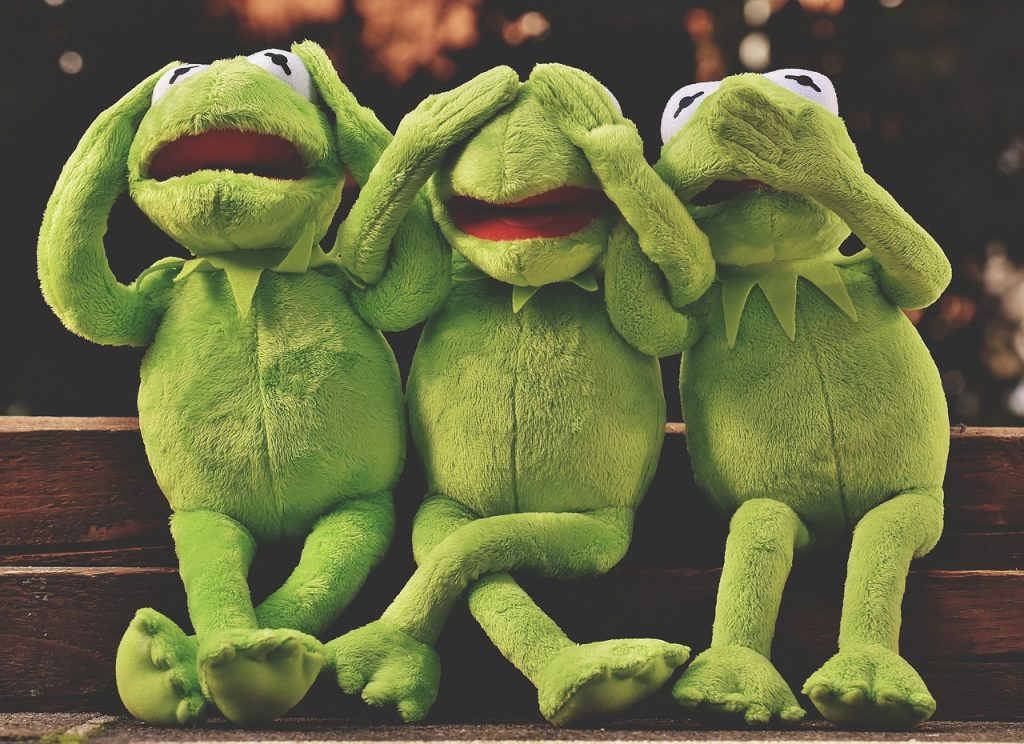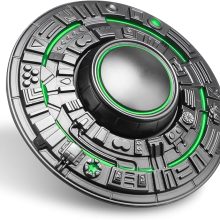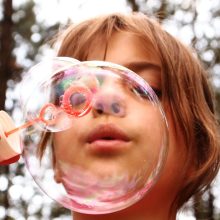Toys for Child Development: Nurturing Growth and Creativity

Toys are more than just objects for entertainment; toys for child development play a critical role. In this article, we explore the multifaceted importance of providing children with toys and why parents should prioritize play in their child-rearing journey.
- Stimulating Cognitive Development: Toys are instrumental in stimulating various aspects of cognitive development in children. From simple shape sorters to complex puzzles, toys for child development engage children’s minds, encouraging problem-solving skills, spatial awareness, and critical thinking abilities. Through play, children learn to make connections, understand cause and effect, and develop their creativity.
- Fostering Social and Emotional Skills: Toys provide invaluable opportunities for children to engage in social interactions and develop crucial emotional skills. Whether playing with siblings, peers, or adults, children learn important lessons in sharing, cooperation, and empathy. Role-playing with dolls or action figures, for example, allows children to explore different social roles and understand the complexities of human relationships.
- Promoting Physical Activity and Motor Skills: Active play is essential for the physical development of children. Toys such as balls, bicycles, and climbing structures not only encourage physical activity but also help children develop gross and fine motor skills. By running, jumping, and manipulating objects, children enhance their strength, coordination, and dexterity, laying the foundation for a healthy lifestyle.
- Cultivating Imagination and Creativity: Toys for child development serve as catalysts for imaginative play, allowing children to explore imaginary worlds, express themselves creatively, and develop their sense of identity. Simple toys like building blocks or dress-up costumes can transform into endless possibilities in the hands of a child with a vivid imagination. Through imaginative play, children learn to think outside the box, problem-solve creatively, and invent their narratives.
- Providing Comfort and Security: Toys often serve as sources of comfort and security for children, especially during times of stress or transition. A favorite stuffed animal or blanket can offer solace and reassurance in unfamiliar or challenging situations. Additionally, toys can help children process emotions, express themselves, and cope with difficult experiences through symbolic play.
- Enhancing Language and Communication Skills: Many toys for child development facilitate language development by encouraging verbal communication, vocabulary expansion, and storytelling. Board games, puppets, and interactive toys with audio features prompt children to engage in conversations, ask questions, and express their thoughts and feelings. Through these interactions, children build their language skills, literacy foundations, and confidence in communication.
- Encouraging Independent Learning and Exploration: Toys for child development empower children to take control of their learning and exploration independently. Open-ended toys like blocks, art supplies, and science kits encourage self-directed play, allowing children to follow their interests, experiment, and learn at their own pace. This autonomy fosters a sense of curiosity, initiative, and lifelong love for learning.
The importance of giving children toys cannot be overstated. Beyond mere entertainment, toys play a vital role in promoting holistic development across physical, cognitive, social, and emotional domains. As parents, investing in a diverse range of toys that cater to different aspects of development is one of the most valuable gifts we can provide to our children, nurturing their growth, curiosity, and happiness.
We offer a wide selection of toys that can help give kids lots of fun and amazing memories to look back on when they are older. If you want to check out some of these toys click here
- Teddy Bears and Plush Toys:
- Comfort and Security: Soft and cuddly, teddy bears and plush toys provide comfort and a sense of security, especially during times of stress or bedtime.
- Emotional Development: Children often form deep attachments to their teddy bears, fostering emotional connections and teaching empathy and nurturing skills.
- Baby Dolls:
- Role-Playing and Social Skills: Baby dolls encourage imaginative play, allowing children to role-play and imitate nurturing behaviors they observe, promoting empathy, responsibility, and social skills.
- Language Development: Children often engage in conversations with their baby dolls, which can enhance language development and communication skills.
- Musical Toys:
- Sensory Stimulation: Musical toys engage multiple senses, stimulating auditory, visual, and sometimes tactile senses, fostering sensory development.
- Cognitive Development: Exposure to different sounds and rhythms through musical toys can enhance cognitive skills such as memory, attention, and problem-solving.
- Teether Toys:
- Soothing Relief: Teether toys provide relief to infants during the teething process by massaging their gums and alleviating discomfort.
- Motor Skills Development: Holding and manipulating teether toys helps infants improve their fine motor skills and hand-eye coordination.
- Plush Rings and Rattles:
- Grasping Skills: Plush rings and rattles are designed to be grasped by small hands, aiding in the development of grip strength and fine motor skills.
- Sensory Exploration: The textures, colors, and sounds of these toys stimulate sensory exploration, contributing to cognitive development.
- Toy Pillows:
- Comfort and Relaxation: Toy pillows provide comfort and relaxation, whether used for cuddling during naptime or as a familiar object during travel or new experiences.
- Emotional Support: Like teddy bears, toy pillows can offer emotional support and a sense of security, helping children transition through challenging situations.
- Bath Toys:
- Bath Time Enjoyment: Bath toys make bath time more enjoyable, turning it into a playful and sensory-rich experience that encourages exploration and creativity.
- Fine Motor Skills: Pouring, squeezing, and splashing with bath toys can enhance fine motor skills and hand-eye coordination.
- Car and Stroller Toys:
- Entertainment on the Go: Car and stroller toys keep children entertained during travel, reducing fussiness and boredom.
- Stimulating Visual and Tactile Experiences: Bright colors, textures, and moving parts in these toys provide visual and tactile stimulation, supporting sensory development.
toys for child development serve a unique purpose in a child’s development, offering a range of benefits that extend beyond mere amusement. By providing children with a variety of toys that cater to different developmental needs, caregivers can foster holistic growth and enriching play experiences




